Aquamation, also known as cremation by water or alkaline hydrolysis, is not only an exceptional solution for human cremation but also offers a safe and pathogen-free process for the cremation of our beloved pets. In this blog, we will explore the application of aquamation in pet cremation and how it effectively eliminates pathogens and diseases, providing pet owners with peace of mind during the farewell process.
Aquamation for Pets:
Aquamation has gained significant popularity as a preferred method for pet cremation due to its numerous advantages over traditional flame-based methods. This innovative process involves the gentle breakdown of the pet's body using a combination of water, heat, and alkaline hydrolysis. The resulting transformation ensures a safe and respectful farewell, while also addressing concerns regarding pathogens and diseases.
Elimination of Pathogens and Disease:
Aquamation stands out as an exceptional method for eradicating pathogens and diseases that may be present in a pet's remains. The combination of high temperature and alkaline solution effectively neutralizes and eliminates various microorganisms, providing a clean and pathogen-free outcome.
Effective against Bacterial Pathogens:
Aquamation is highly effective in eliminating bacterial pathogens commonly found in pets. The process's alkaline environment, coupled with the elevated temperature, effectively denatures bacterial proteins, destroys cell membranes, and neutralizes bacteria responsible for infectious diseases such as parvovirus, leptospirosis, and salmonellosis.
Inactivation of Viral Pathogens:
Viral pathogens that pose a potential risk to humans, such as rabies and feline leukemia virus (FeLV), are effectively inactivated during the aquamation process. The combination of high heat and alkalinity disrupts the structure of viral particles, rendering them incapable of replication or transmission.
Neutralizing Prions:
Prions, although rare, can be a concern for certain neurological diseases in pets, such as bovine spongiform encephalopathy (BSE) in cattle or feline spongiform encephalopathy (FSE) in cats. Aquamation has demonstrated its ability to successfully denature prions, eliminating their infectious potential and providing assurance that any prions present in the pet's remains are neutralized.
Environmental Advantages for Pet Aquamation:
In addition to its pathogen-eliminating capabilities, aquamation offers environmental benefits that resonate with pet owners who prioritize sustainability. The process consumes significantly less energy compared to traditional cremation, thereby reducing carbon emissions and minimizing the ecological impact. Pet aquamation is a compassionate and eco-friendly choice for those seeking to provide their pets with a dignified farewell while minimizing their environmental footprint.
Conclusion:
Aquamation, or cremation by water, provides a compassionate and pathogen-free alternative for pet cremation. By utilizing alkaline hydrolysis and high heat, aquamation ensures the complete elimination of bacterial and viral pathogens, as well as the denaturation of prions. Pet owners can find solace in knowing that their beloved companions are respectfully cared for while prioritizing public health and environmental sustainability. Embracing the innovative nature of aquamation allows pet owners to bid farewell to their cherished pets with peace of mind and a sense of environmental responsibility.
